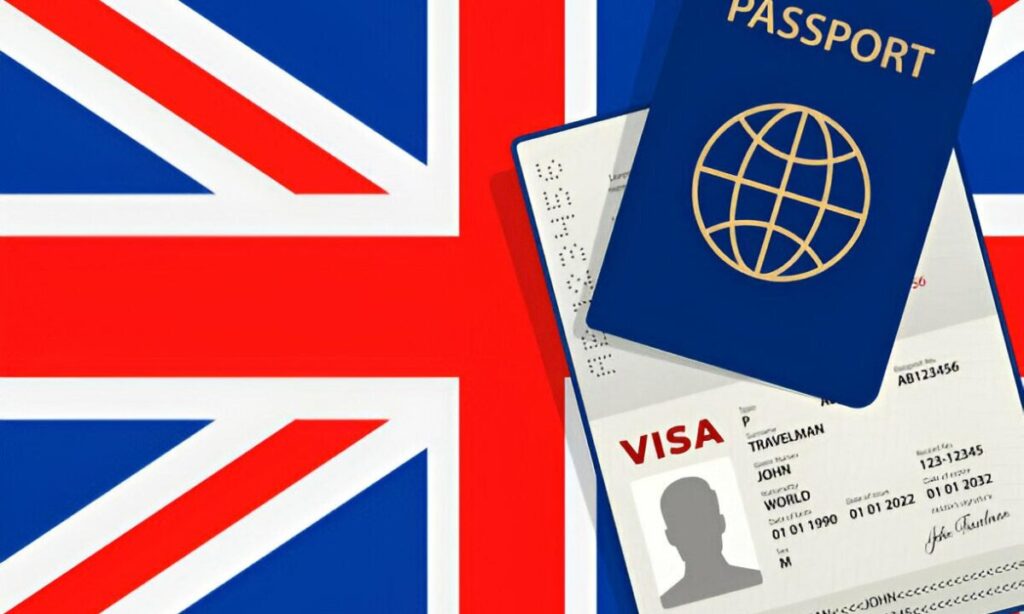New Zealand’s Visa Policies and Their Impact on Sri Lankan Students
New Zealand is a popular study destination for Sri Lankan students due to its high-quality education system, safety, and favorable migration policies. In recent years, changes in New Zealand’s visa policies have had significant implications for international students, including those from Sri Lanka. This blog delves into the current visa situation in New Zealand and its effects on Sri Lankan students and families.


New Zealand’s Appeal to Sri Lankan Students
New Zealand offers a variety of educational opportunities, including vocational training, undergraduate programs, and postgraduate courses. The country is known for its strong emphasis on research and innovation, particularly in fields like agriculture, engineering, and environmental science. Additionally, New Zealand’s work and study balance is appealing to international students who wish to gain work experience while pursuing their studies (New Zealand Ministry of Education, 2024).
For Sri Lankan students, studying in New Zealand is not only an opportunity for quality education but also a pathway to permanent residency. However, recent visa policy changes have brought new challenges and opportunities.
The Impact of Recent Visa Policy Changes
- Stricter Financial Requirements
In 2024, New Zealand increased the financial requirements for student visa applicants. International students must now show evidence of having higher funds to cover tuition fees and living expenses. This move aims to ensure that students can financially support themselves during their studies, but it has also made it more challenging for students from middle-income families in Sri Lanka to meet the requirements (Immigration New Zealand, 2024). - Changes to Post-Study Work Rights
Previously, students completing a degree at the bachelor’s level or higher were eligible for up to three years of post-study work rights. However, starting in mid-2024, changes have been made to limit work rights based on the type of qualification and the location of the educational institution. For example, students who study in Auckland now have shorter work rights than those who study in regional areas (Immigration New Zealand, 2024). This change encourages students to explore universities in smaller cities, potentially impacting their choice of institution. - Special Visa Pathways for Skilled Occupations
The New Zealand government has introduced special visa pathways for graduates in fields facing labor shortages, such as healthcare, construction, and information technology. This is a significant advantage for Sri Lankan students who choose to study in these fields, as it can increase their chances of obtaining permanent residency.

Sri Lanka-New Zealand Educational Partnerships
Sri Lanka and New Zealand have strengthened educational collaborations in recent years, with partnerships focusing on skills development and vocational training. For example, some New Zealand institutions offer scholarship opportunities specifically for Sri Lankan students. These scholarships aim to support students from developing countries, including Sri Lanka, and facilitate access to higher education (Education New Zealand, 2024).
Recommendations for Sri Lankan Students
- Choose Study Programs Strategically Opt for courses that align with New Zealand’s skills shortage list, such as IT, healthcare, or engineering, to maximize post-study work and migration opportunities.
- Consider Regional Institutions Enrolling in regional educational institutions may extend post-study work rights and improve chances of securing skilled migration.
- Prepare Financial Documentation Early Ensure that financial documents meet the updated visa requirements to avoid delays.
New Zealand continues to offer valuable educational opportunities for Sri Lankan students despite changes to its visa policies. By understanding these changes and planning accordingly, students can navigate the evolving landscape and make informed decisions about their study and career goals.
The Influence on Sri Lankan Students
For Sri Lankan students, the new visa policies present mixed outcomes. The increased financial requirements could deter some potential students, particularly those from families who rely on scholarships or loans to fund their education. On the other hand, the introduction of special visa pathways for in-demand occupations provides a clear incentive to pursue courses in high-need areas, which could lead to a faster transition to permanent residency.
The changes to post-study work rights are especially impactful for students aiming to gain work experience in New Zealand before returning to Sri Lanka. By studying in regional areas, they can enjoy longer post-study work rights, although this may come with the trade-off of being in less urbanized areas.

References
Education New Zealand. (2024). Scholarship opportunities for international students. Retrieved October 22, 2024, from https://www.enz.govt.nz.
Immigration New Zealand. (2024). Student visa changes and work rights updates. Retrieved October 22, 2024, from https://www.immigration.govt.nz.
New Zealand Ministry of Education. (2024). Education and training system in New Zealand. Retrieved October 22, 2024, from https://www.education.govt.nz.
